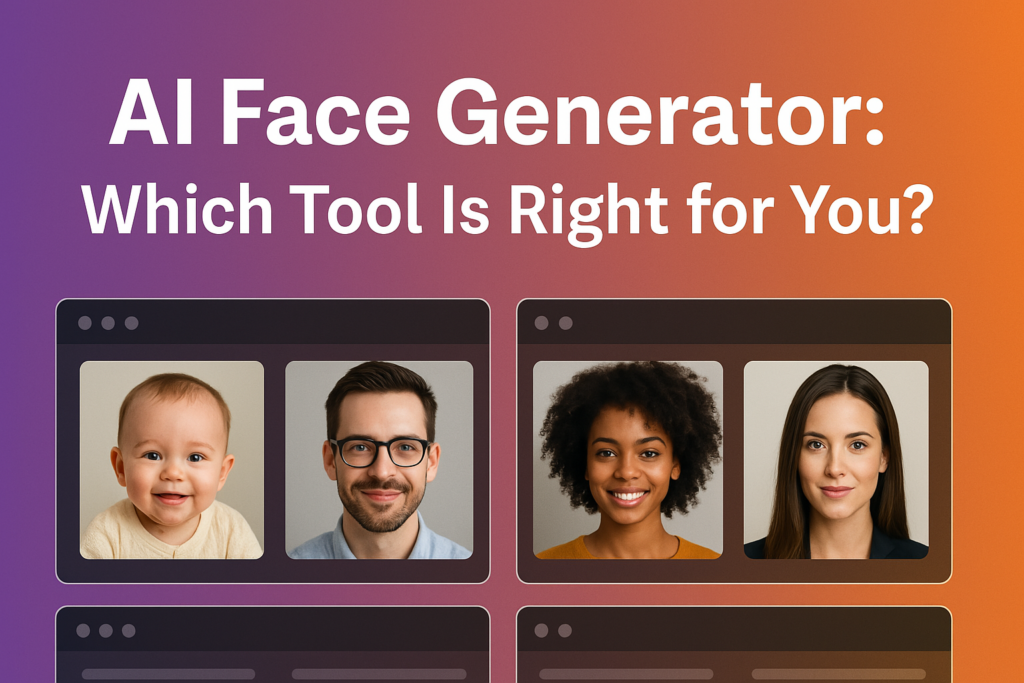In the rapidly evolving landscape of artificial intelligence (AI), there’s no shortage of excitement and apprehension. From the promise of groundbreaking innovation to the fear of unintended consequences, navigating the world of AI raises important questions. Let’s explore ten of the most pressing ones.
1.What ethical considerations should guide the development and deployment of AI technologies?
AI has the potential to revolutionize industries, but ethical concerns loom large. From bias in algorithms to privacy implications, it’s crucial to consider the ethical implications of AI-driven solutions. For example, facial recognition technology has raised concerns about surveillance and discrimination, prompting calls for regulation and oversight.

2.How can we ensure that AI systems are transparent and accountable?
Transparency and accountability are essential for building trust in AI technologies. Users need to understand how AI systems make decisions and have mechanisms for recourse if things go wrong. For instance, in healthcare, AI-powered diagnostic tools must be transparent about how they arrive at their conclusions to ensure patient safety and trust.
3.What role should governments play in regulating AI?
As AI becomes increasingly integrated into society, governments face the challenge of crafting regulations that balance innovation with protection. Policies around data privacy, algorithmic transparency, and workforce displacement are just a few areas where regulatory frameworks are needed. For instance, the European Union’s General Data Protection Regulation (GDPR) sets strict guidelines for data usage, including AI applications.
4.How can we address the potential for job displacement due to automation?
While AI holds the promise of increased efficiency and productivity, it also raises concerns about job displacement. As automation replaces certain tasks, workers may face unemployment or the need to reskill for new roles. Governments, businesses, and educational institutions must collaborate to prepare the workforce for the AI-driven future, perhaps through initiatives like lifelong learning programs and job transition assistance.
5.What measures can be taken to mitigate the risk of AI bias?
AI algorithms are only as unbiased as the data they’re trained on, raising concerns about algorithmic bias. For example, biased training data can result in AI systems that perpetuate stereotypes or discriminate against certain groups. To mitigate this risk, developers must prioritize diverse and representative datasets and implement fairness-aware algorithms that detect and correct bias.
6.How can we ensure that AI benefits are distributed equitably?
As AI technologies reshape industries and economies, there’s a risk that benefits will accrue disproportionately to certain groups or regions. To promote equitable access to AI-driven opportunities, policymakers must prioritize inclusive policies and investments in digital infrastructure. For example, initiatives to bridge the digital divide and provide training in AI-related skills can help ensure that everyone has a chance to benefit from AI advancements.
7.What are the implications of AI for data privacy and security?
AI relies heavily on data, raising concerns about privacy and security. From personal information collected by AI-powered devices to sensitive data used to train machine learning models, protecting data privacy is paramount. Robust cybersecurity measures, encryption techniques, and data anonymization practices are essential to safeguarding sensitive information in the age of AI.
8.How can we address the potential for AI to be used for malicious purposes?
While AI has countless beneficial applications, it also has the potential to be weaponized for malicious purposes. From deepfake videos to AI-driven cyberattacks, the misuse of AI poses significant risks to individuals and society as a whole. Governments and technology companies must work together to develop robust defenses against AI-enabled threats, including investment in AI-driven cybersecurity solutions and international cooperation on regulatory frameworks.
9.What are the implications of AI for democracy and governance?
AI technologies have the potential to transform the way governments operate, from enhancing public services to improving decision-making processes. However, they also raise concerns about surveillance, censorship, and the erosion of democratic norms. To ensure that AI benefits democracy rather than undermines it, policymakers must prioritize transparency, accountability, and citizen engagement in the development and deployment of AI systems.
10.How can we foster collaboration and knowledge-sharing in the AI community?
Innovation in AI thrives on collaboration and knowledge-sharing among researchers, developers, and policymakers. Open access to datasets, algorithms, and research findings is essential for advancing the field and addressing its challenges. Initiatives like open-source software development, interdisciplinary research networks, and AI ethics guidelines promote collaboration and ensure that AI development benefits from diverse perspectives and expertise.
In conclusion, the promise and pitfalls of AI raise complex and multifaceted questions that require thoughtful consideration and interdisciplinary collaboration. By grappling with these questions and working together to address them, we can harness the transformative power of AI while mitigating its risks and ensuring that it serves the greater good.





